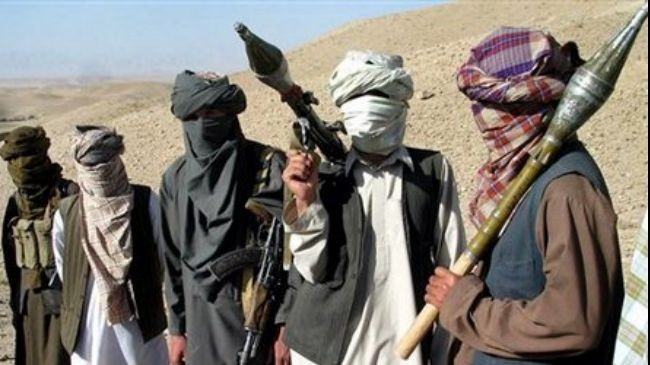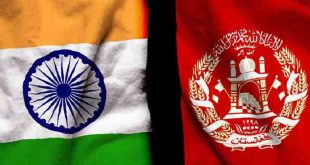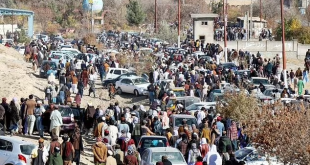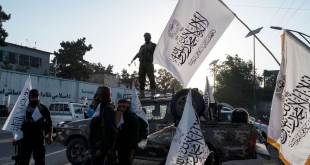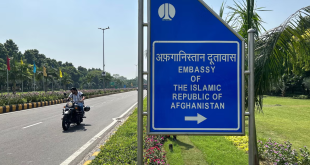PENTAGON— The Taliban is fracturing in Afghanistan’s Helmand province, a known Taliban stronghold, a U.S. general in Kabul said Thursday.
General Wilson Shoffner told reporters via telephone that the U.S. is seeing an “emergence of three separate Taliban groups” in northern Helmand, and that all three factions are largely not loyal to Afghan Taliban leader Mullah Akhtar Mohammad Mansour.
The splintering over the last few months “may provide opportunities for reconciliation” with the Afghan government, Shoffner said, or it may provide a chance for Islamic State-Khorasan fighters to try to infiltrate the different Taliban groups.
“That is a potential outcome, [but] we’re seeing that primarily more in the east than we are in Helmand,” the general said.
Islamic State has designated Afghanistan, Pakistan and parts of Iran as its so-called “Khorasan” province.
The U.S. continues to watch the different Taliban groups in Helmand “closely.”
“It will be very interesting to see where the revenue goes amongst those three groups and where their loyalties lie,” the general said. A recent spike in fighting is expected to decrease later this month because of the start of the poppy harvesting season. The U.S. military estimates that more than half of the Taliban’s income comes from poppies, which produce the highly addictive opium narcotic.
IS weakening in Afghanistan;
Islamic State-Khorasan attempted to recruit and spread propaganda in Helmand in 2015, but the Taliban successfully stopped most of those attempts, according to Shoffner.
The group is contained in one district in eastern Afghanistan’s Nangarhar province. Last month, Islamic State-Khorasan was in four or five districts in the province.
Nangarhar province is on the border with Pakistan, and many pledging allegiance to Islamic State-Khorasan are former members of the Pakistani Taliban, or TTP.
Shoffner estimated that current numbers of Islamic State fighters in Afghanistan are “probably on the lower end” of between 1,000 and 3,000.
Reasons for the decrease include a “substantially increased” number of U.S. airstrikes against the group and conflicts with the Taliban over revenue streams and ideology.
The White House gave the U.S. military legal authority to target Islamic State in Afghanistan in January.
Shoffner added that the group’s brutal tactics have “backfired on them” and are seen as extremely unpopular with citizens in Nangarhar. (VOA-NEWS)
 Afghanistan Times
Afghanistan Times
